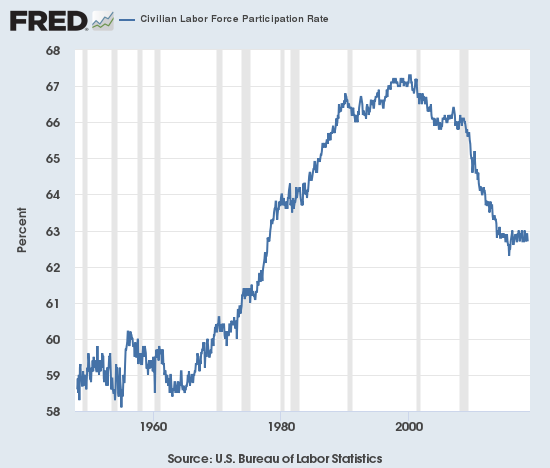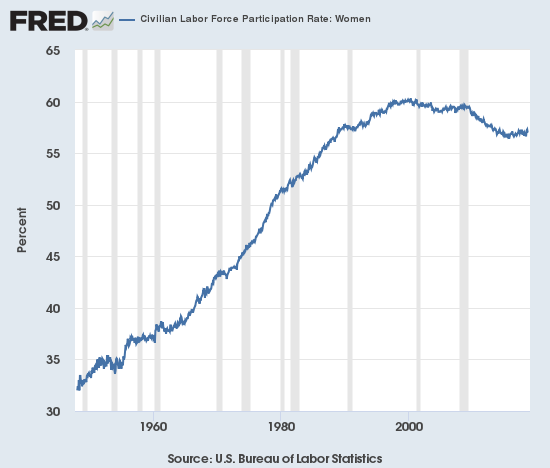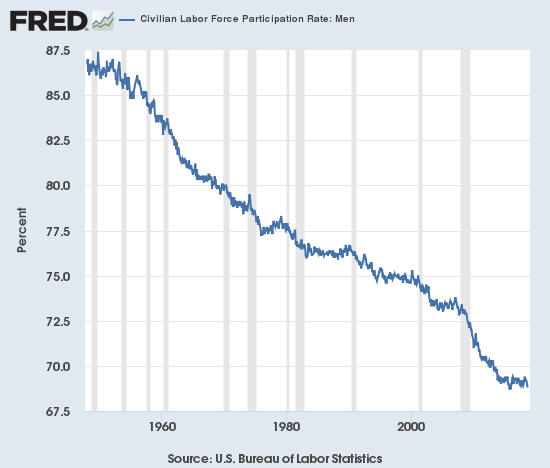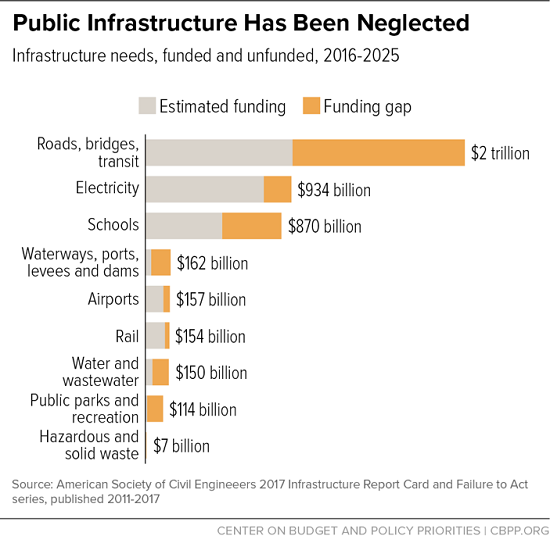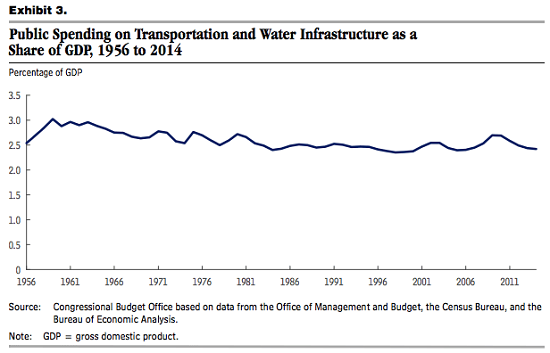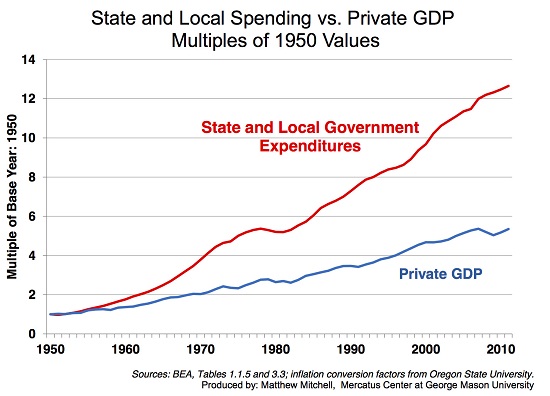Rather than fight a system designed to thwart us, we need a model for our own lives that bypasses the perverse tides and obsoletes the impediments in our path.
Everyone wants to change their lives for the better (or preserve what's positive), and this is relatively straightforward in a healthy system with positive incentives and a transparent, productive set of rules and feedbacks.
But what if the system is broken? How do we change our lives for the better in a dysfunctional system of unearned privilege and perverse incentives? Needless to say, it's difficult, and this is why we see a rise in inward-directed solutions.
If we can't change the external world we inhabit, then the "solution" is to nurture an inner tranquility. It's no wonder that Taoism--perhaps the ultimate inner-directed philosophy--arose during the Warring States era in China, when social unrest and conflict were endemic.
But what about real-world changes such as improving our health, fitness, resilience, work/career satisfaction, income security and psychological well-being? When it comes to affecting real-world changes in a broken system, it often feels like we're swimming against the tide: the system doesn't make positive improvements easy, despite an abundance of lip service to individual goals such as losing weight, improving our career options, etc.
There are number of reasons for this; here are a few:
The point here is that even if our system was fair and functional, the structural dynamics are generating uncertainty, instability and a diminishing number of winners and an expanding multitude of losers.
2. But we don't inhabit a fair and functional system; the status quo is dysfunctional, dominated by self-serving insiders, the Protected Class and various elites. Actual inflation (loss of purchasing power) is under-reported, and other metrics are gamed or distorted to improve the optics--that is, the perception.
Markets have been grossly distorted to reward the already-wealthy; stocks and housing are been transformed into signals of economic strength when in reality they are signals of excess and asset bubbles that increase wealth and income inequality.
3. Maximizing profit and convenience via marketing is the core of our economy now. Unfortunately, what's highly profitable and heavily marketed is often unhealthy or deleterious to our physical, mental and financial health: fast food, packaged food, social media, high-cost, low-utility higher education, medications with serious side-effects, and so on.
Accomplishing changes often requires declaring war on convenience, as convenience is the enemy of everything required to swim against the tide:discipline, sustained effort, sacrifice, etc.
So how can individuals and households manage positive changes in a destructive, perverse and broken system?
One place to start is to eliminate as much marketing as possible, and as many negative, deranging distractions as possible. This means limiting media and social media exposure to a bare minimum.
Another is to focus on value rather than convenience. This goes against the tide not just of marketing but of "progress," which is implicitly defined as an increase in convenience and a decline in drudgery, effort and discipline.
Ironically, most of life's most rewarding things are not convenient at all:fitness, real food prepared at home, acquiring skills with steep learning curves, etc. These are all terribly, horribly, irrevocably inconvenient.
Third, look outside the mainstream and status quo "solutions." Solutions outside the mainstream status quo tend to be inconvenient, wrenching and difficult, and there is very little institutional support for anything outside the mainstream. Rather, the entire weight and force of the status quo is put to bear in support of passive compliance with the approved "solutions."
For example, the approved "solution" to ill health is surgery or costly medications that haven't even been tested for interactions with other powerful medications.
The "solution" to the high cost of housing in desirable cities is to surrender the household income for the next 30 years and buy a decaying bungalow for $800,000 or more (or $1.8 million in bubble-mania neighborhoods).
These are simulacrum solutions; they only worsen the initial problem, not solve it.
As Bucky Fuller noted in his famous dictum, "You never change things by fighting the existing reality. To change something, build a new model that makes the existing model obsolete."
This is as true of our individual lives as it is of systems. Rather than fight a system designed to thwart us, we need a model for our own lives that bypasses the perverse tides and obsoletes the impediments in our path.
This essay was drawn from Musings Report 25. The Musings Reports are emailed to subscribers and patrons weekly.
NOTE: Contributions/subscriptions are acknowledged in the order received. Your name and email remain confidential and will not be given to any other individual, company or agency.
Thank you, Klaus-Peter L. ($50), for your immeasurably generous contribution to this site -- I am greatly honored by your support and readership.
| |
Thank you, William H. ($50), for your monstrously generous contribution to this site -- I am greatly honored by your steadfast support and readership.
|
Read more...
